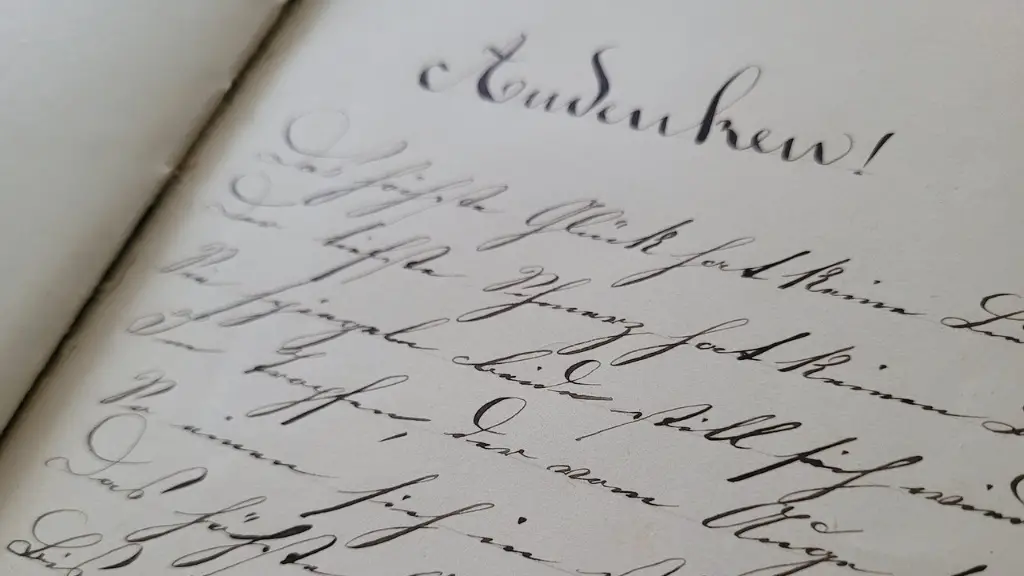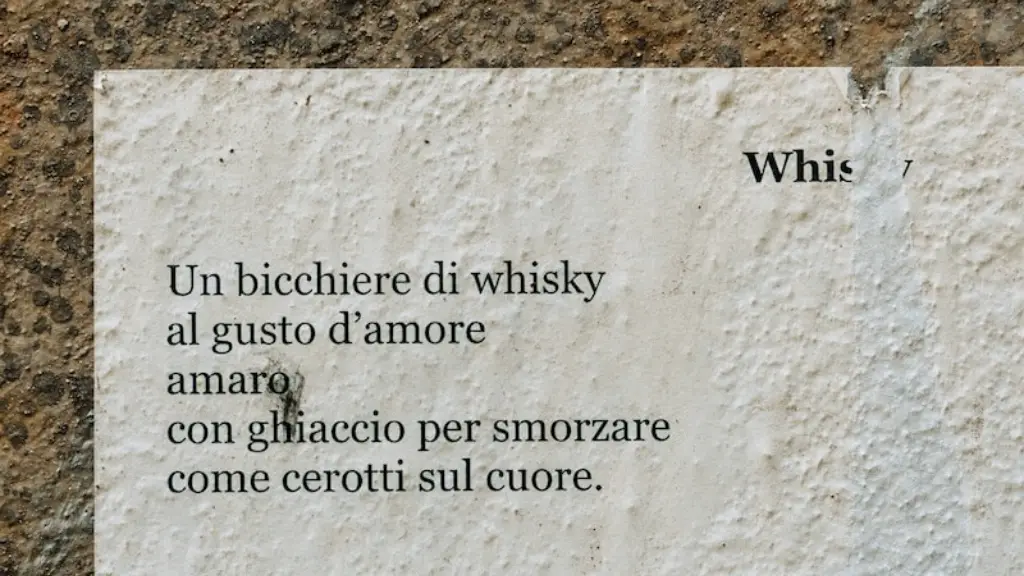Early Years
James Langston Hughes was born on February 1, 1902, in Joplin, Missouri. His father, James Nathaniel Hughes, was a lawyer who traveled around the country for work. His mother, Caroline Mercer Langston, was a teacher. His parents separated when Hughes was still young, and the family moved to Lawrence, Kansas, to be with their grandmother. Despite their separation, the influence of his parents was strong throughout his life, particularly from his father, a staunch supporter of black rights and racial equality.
As a child, Hughes loved literature and writing, which was fostered by his grandmother as well as his mother and father. He attended Central High School in Cleveland, where he was actively involved in ushering in a new era of African American literature in the 1920s, which would famously become known as the Harlem Renaissance.
Harlem Renaissance
Hughes was part of the “New Negro Movement” that emerged during the Harlem Renaissance. This movement, characterized as an artistic protest against racism, enabled African-American writers and artists to express their sense of cultural pride and social awareness. During this time, Hughes became immensely popular, and developed a following of readers, fans, and friends.
During the Harlem Renaissance, Hughes wrote many of his most celebrated works, including his debut poem “The Negro Speaks of Rivers,” which was published in the NAACP magazine, The Crisis, and earned him a great deal of recognition. Other works from this period include poems such as “Harlem,” “I Too Sing America,” “Dream Variations,” and “As I Grew Older.”
Later Works and Legacy
In the 1930s, Hughes began writing novels and plays, including Not without Laughter (1930), The Ways of White Folks (1934), and Mulatto (1935). He also wrote biographies of famous figures such as Frederick Douglass and the African-American poet and activist Paul Laurence Dunbar.
In the 1940s and 1950s, Hughes continued to write and publish his work. He wrote essays, novels, and poems, as well as plays and short stories, and he traveled extensively, lecturing about the civil rights and racial justice movements. His work during this time included the autobiographical work The Big Sea (1940), The Simple Stories (1957), and Ask Your Mama (1961).
Hughes died in 1967 at the age of 65, but his legacy and influence remain strong. He is remembered as one of the most important African-American writers and thinkers of the twentieth century and his work continues to be studied and celebrated today.
Style and Inspiration
Hughes wrote in both free verse and traditional poetic forms, and his work often drew on African-American experiences and cultural elements. His early work dealt with themes of racial oppression, such as in his collection The Weary Blues, which was published in 1926. His later work, while still dealing with racial injustice, also addressed issues such as pride and identity, particularly as a black person in America.
Much of Hughes’s writing was inspired by the rhythms, blues, and spirituals of African American culture. His celebrated poem “I Too Sing America,” for example, which was published in 1925, was an explicit expression of the inequities of racial oppression, but also of black pride. In it, Hughes famously declared, “I, too, sing America.”
The influence of jazz, storytelling traditions, and oral culture were also important to Hughes’s work. He often wrote in a conversational style and included references to folk tales, which he learned as a child. He also wrote in dialect, which added to language’s color and authenticity in his descriptions of African American life.
Motivation and Impact
Hughes was driven by a deep sense of injustice and the belief that literature could be used to educate, inspire, and effect social change. He was a vocal activist, speaking out against racial discrimination and segregation, and he was heavily involved in the civil rights movement. His work explored African-American identity and culture, and his poetry, fiction, and essays celebrated the resilience and strength of the African-American spirit.
His work was hugely influential, and he was regarded as a literary father to the Beat Generation of poets. He was also an influence on writers such as Gwendolyn Brooks, Amiri Baraka, and Maya Angelou. Today, Hughes is celebrated as one of the most important and influential African-American writers of all time.
Philosophy and Identity
Hughes believed that African-Americans had a distinct cultural identity, and he sought to celebrate it in his work. He was adamant that black people should embrace and honor their heritage, rather than attempting to imitate white culture. His work gave voice to the African-American experience and was an important part of the Harlem Renaissance. He wrote in a straightforward style, which was accessible to a wide audience, and his work was hugely influential.
In addition to his literary achievements, Hughes was also a political activist and an important figure in the civil rights movement. He was involved in the works of organizations such as the National Association for the Advancement of Colored People (NAACP) and The Crisis, and he spoke out against racial discrimination and for black rights. He was a vocal advocate for civil rights, and his work had a profound impact on the shape of modern African-American literature.
Conclusion
Langston Hughes was a poet, novelist, playwright, and activist who was at the forefront of the Harlem Renaissance. His work explored the African-American experience and was heavily influenced by jazz, blues, and spirituals, as well as African-American storytelling traditions. He was a celebrated writer and a vocal advocate for civil rights and racial justice. He is remembered as one of the most important figures of twentieth century African-American literature, and his works continue to be read and studied today.



